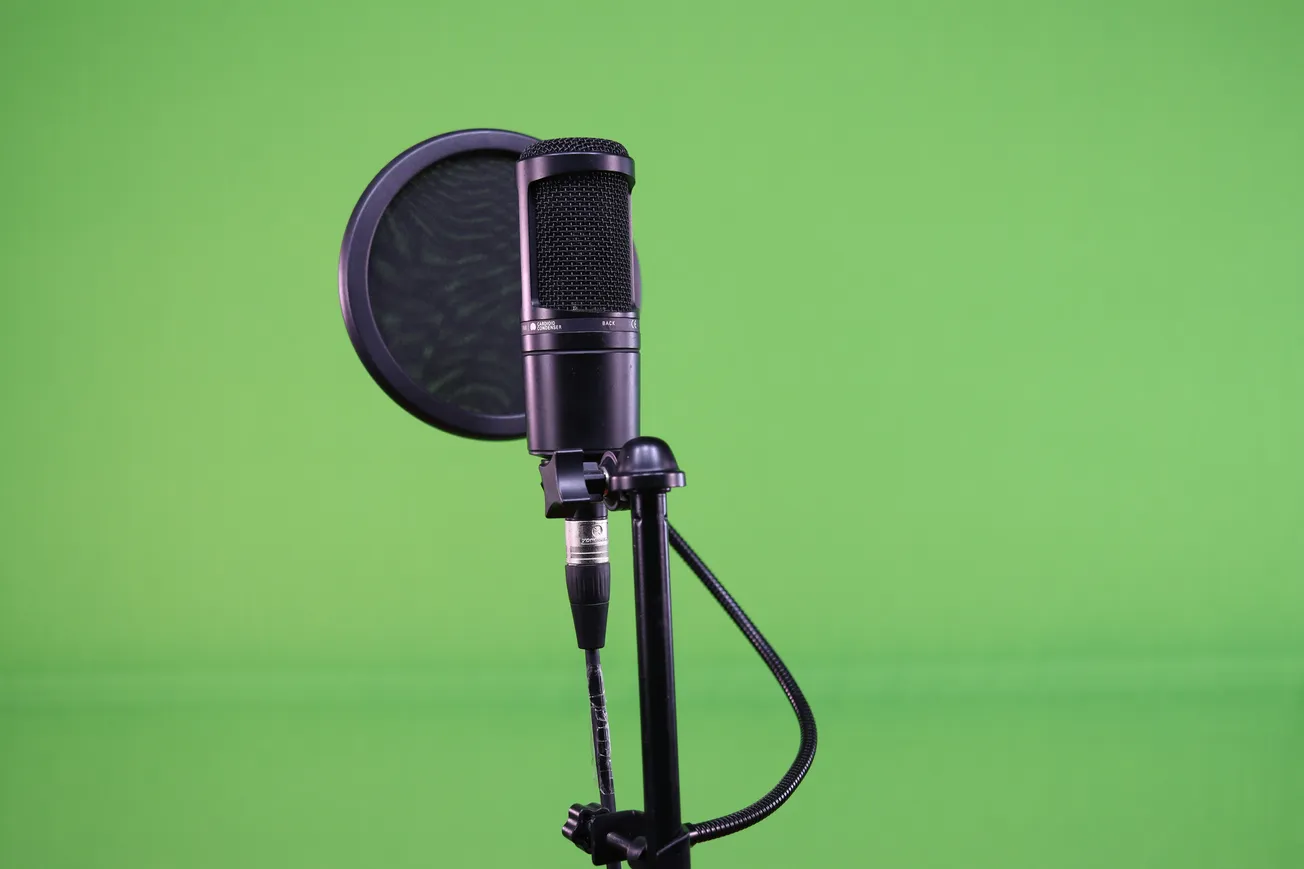Browsers are phasing out support for XSLT (Extensible Stylesheet Language Transformations) — and that includes how podcasts and other XML‑based feeds get turned into human‑friendly pages. For creators using RSS feeds to power webpages or previews, this is important to understand.
What’s happening
The Chromium team has announced an “Intent to Deprecate and Remove” XSLT functionality. The key points:
- XSLT v1.0 (which browsers still support) is decades old and hasn’t evolved alongside web frameworks.
- The underlying library (libxslt) is unmaintained and has been flagged for memory‑safety issues and security risks.
- Usage is extremely low — browser measurement shows XSLT executes in roughly 0.05% of page loads.
- Timeline: Chrome will issue a console warning in M142, officially deprecate in M143 (December 2025), and remove XSLT support for stable users in M155 (≈ November 2026).
- The Firefox (Gecko) and WebKit teams have indicated support for the removal.
What this means for podcasts & RSS‑feeds
Many podcast RSS feeds include an XSLT stylesheet reference so that when you open the feed in a web browser you see a clean webpage instead of raw XML. With XSLT going away:
- Browsers will no longer automatically transform those feeds into styled pages. Users might see raw feed code instead of the nice list of episodes.
- If your website or feed‑provider relies solely on client‑side XSLT for display, you risk broken or ugly presentation in browsers once support ends.
- For feed consumers (apps, aggregators) it may be less immediately relevant — they generally rely on XML parsing, not browser rendering. But if you share or view feeds directly in a browser, it matters.
What you can do now
- Remove reliance on browser‑side XSLT. Instead embed or offer a separate HTML landing page for your feed.
- If you must keep an XSLT‑based display, consider a polyfill or server‑side transformation strategy—some libraries exist that mimic XSLT behavior.
- Test your RSS feed in a browser once console warnings arrive (from late 2025) and again when browsers start disabling XSLT by default (early 2026).
- Ensure your feed is still well‑formed XML and that any presentation‑layer logic is shifted away from deprecated client‑side technology.
While the removal of XSLT won’t affect most podcast‑apps or backend feed processing, it will affect the way RSS feeds display in browsers.
For creators and businesses relying on XSLT‑styled feeds, now is the time to pivot to modern alternatives and ensure the user experience remains smooth and professional.










